
Smart Trust
Creating Prosperity, Energy, and Joy in a Low-Trust World
Reprinted by permission of Free Press, a division of Simon & Schuster, Inc.
ISBN: 9781451651454
Pages: 296
Read offline
Recommendation
The Maghribi traders had the right idea: To capitalize on lucrative business opportunities amid the chaotic political and social climate of the Middle East in the 10th century, these merchants formed an economic system that spanned miles, cultures, and governments – all based on handshakes. Leadership experts Stephen M.R. Covey and Greg Link (working with writer Rebecca Merrill) offer the story of the Maghribis to set the stage for their innovative “Smart Trust” strategy, which helps people create, maintain and leverage high-trust relationships and business environments in today’s “low-trust world.” They explore why people trust and why they don’t, why some people adopt the wrong kinds of trust, and how trust shapes your perceptions. In this well-researched, logically organized presentation, the authors draw from their experiences and those of numerous firms and individuals to show how trust can raise your “prosperity, energy and joy.” getAbstract believes this inspiring work could motivate you to take “the lead in extending trust” to enhance your professional and personal relationships – and you can trust us on that.
Summary
About the Authors
Stephen M. R. Covey is a speaker and adviser on trust, leadership, ethics, sales and high performance. He is the New York Times and #1 Wall Street Journal best-selling author of The Speed of Trust. Greg Link is an executive confidant, adviser and compelling speaker in the areas of trust, leadership, sales, marketing and high performance. See SmartTrustBook.com for related self-surveys and resources.








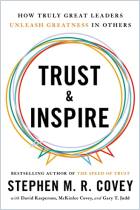
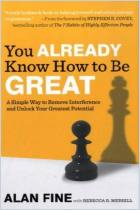
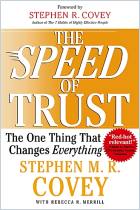
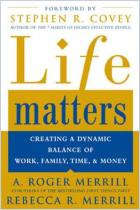
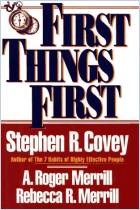
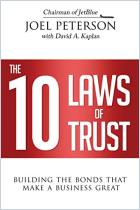
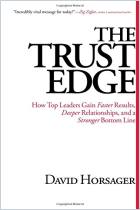
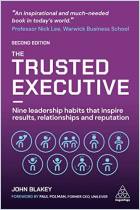
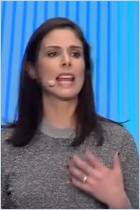

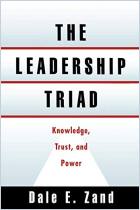






Comment on this summary or Démarrer une discussion